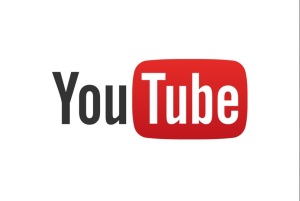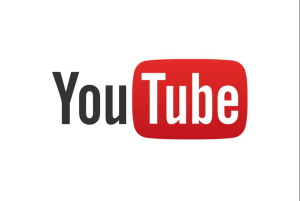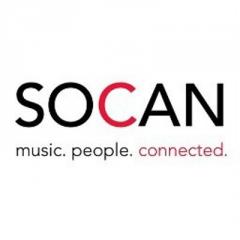Music rights collection societies can’t seem to get enough of each other these days. Last week’s news that France’s SACEM, the UKs PRS, and ASCAP in the U.S. will collaborate in a project to build a prototype blockchain-based metadata linking system was only the most high-profile example of a trend that can trace its origins back at least to SESAC’s acquisition of the Harry Fox Agency in 2015.
 Overshadowed by the SACEM/PRS/ASCAP announcement was confirmation last week that Canada’s main performing rights organization SOCAN is in advanced talks with SODRAC, which licenses reproduction rights in Canada about merging the two organizations. In Europe, meanwhile, the cross-border PRO consortium Armonia Online is now up to nine member societies and is eyeing expansion beyond the Continent, Armonia officials told RightsTech.com, including to North America.
Overshadowed by the SACEM/PRS/ASCAP announcement was confirmation last week that Canada’s main performing rights organization SOCAN is in advanced talks with SODRAC, which licenses reproduction rights in Canada about merging the two organizations. In Europe, meanwhile, the cross-border PRO consortium Armonia Online is now up to nine member societies and is eyeing expansion beyond the Continent, Armonia officials told RightsTech.com, including to North America.
Not all such moves have the same immediate causes or motivations. SOCAN, for instance, has already swallowed MediaNet (formerly MusicNet) and Audiam as it strives to build an end-to-end rights-management platform with reach beyond the Canadian market and a merger with SODRAC, which in addition to representing Canadian songwriters and publishers is the exclusive representative in Canada for music works from 100 other countries, would be of a piece with that broader strategy.
Armonia Online’s growth has been driven by an EU directive to improve transparency and governance of collection societies and facilitate cross-border licensing.
The SACEM/PRS/ASCAP announcement would seem to be at least partly defensive: If blockchain-based metadata management is coming to the music business anyway, better that it be designed to the benefit and specifications of the PROs than risk having to conform their processes to a system designed by and for others.
To one degree or another, however, all reflect the impact of two underlying and related dynamics. One is the increasing complexity of the market for music rights, as both the number of use-cases for music explodes, creating a demand for more efficient and integrated licensing solutions.
The other factor behind the growing urge to merge among collective licensing organizations is the rapid spread of new rights management technology. The growing availability of DIY publishing tools and independent publishing and rights management platforms (think Kobalt) means that, over time, collective licensing organizations will need to manage ever more payouts and account to ever more clients than they have been accustomed to.
That will require much greater granularity of data and greater transparency into the tracking of uses and payment of royalties — something blockchain proponents tout for the technology. But it also puts a high premium on scale. The need to track more uses, and make more and smaller payments to more and smaller rights owners, will generate pressure to drive down the collection societies’ own costs, through greater scale, shared infrastructure around cost-centers like metadata management, and adoption of technology.
Rather than disintermediating collective rights management organizations, in other words, improved rights management technology could, paradoxically, create an incentive for them to get bigger.
Photo: Jens Thekkeveettil (CCO)

 The new partners, the first for dotBlockchain, will bring a catalog of more than 65 million recordings into the dotBC ecosystem, and will add another 500,000 new recordings a month, according to
The new partners, the first for dotBlockchain, will bring a catalog of more than 65 million recordings into the dotBC ecosystem, and will add another 500,000 new recordings a month, according to 


 ce the demise of the long-running-but-never-launched Global Repertoire Database (GRD) there has been a lot of debate over what comes next for digital rights reporting. The songwriter class action suits in the US against Spotify are the natural outcome of more than one and a half decades of failing to deal with the forsaken mess that is compositional rights in the digital era.
ce the demise of the long-running-but-never-launched Global Repertoire Database (GRD) there has been a lot of debate over what comes next for digital rights reporting. The songwriter class action suits in the US against Spotify are the natural outcome of more than one and a half decades of failing to deal with the forsaken mess that is compositional rights in the digital era. ’s rights society SOCAN has made a major technology investment with the purchase of Seattle-based B2B digital platform and data management company MediaNet. Terms of the acquisition were not disclosed.
’s rights society SOCAN has made a major technology investment with the purchase of Seattle-based B2B digital platform and data management company MediaNet. Terms of the acquisition were not disclosed.